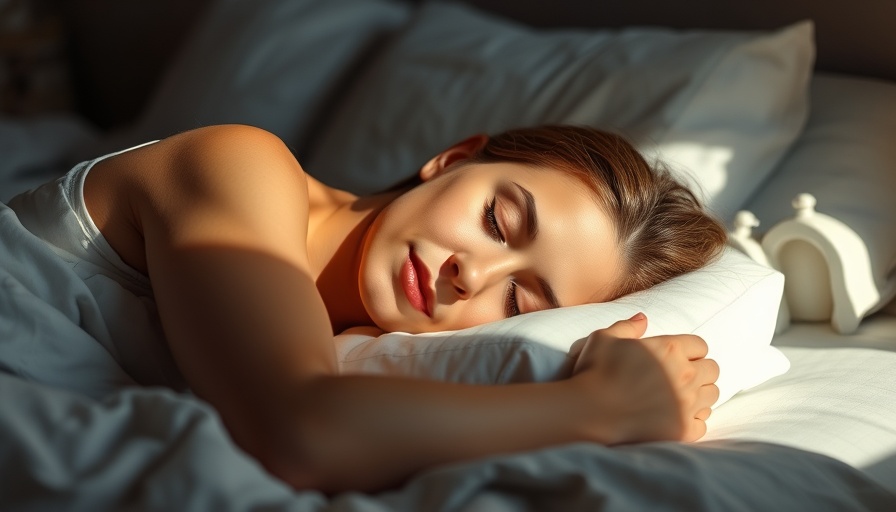
Unlocking Tranquility: The Revolutionary Self-Hypnosis Technique for Sleep
In a world where insomnia has become a common ailment, innovative solutions are more crucial than ever. Self-hypnosis may sound like an unconventional remedy, but according to David Spiegel, M.D., a Stanford psychiatrist with over four decades of experience, it’s a deeply transformative practice that can revolutionize sleep. On a recent episode of the mindbodygreen podcast, Spiegel shared his insights into how this method can help anyone struggling with sleep, offering a holistic approach that might just lead you to that elusive restful night.
A Simple Self-Hypnosis Exercise You Can Try Tonight
Many adults face challenges when it comes to sleep, with distractions from phones and the anxiety of counting lost sleep often keeping them awake. Spiegel recommends a straightforward exercise that encourages relaxation: visualizing oneself floating in serene environments—a bath, a calm lake, or even outer space. This exercise not only calms the mind but also engages the body in a comforting way.
Additionally, he introduces a technique known as the cyclic sigh: inhale halfway, hold your breath briefly, then exhale slowly through your mouth. This method helps trigger the parasympathetic nervous system, promoting relaxation and signaling the body that it’s time to unwind.
The Science Behind Self-Hypnosis and Sleep
Research has shown that practices such as meditation and focused breathing are integral to improving sleep quality. They foster a state of mindfulness that can alleviate stress, a common barrier to restorative sleep. By incorporating self-hypnosis habits into your routine, you not only enhance your mental clarity but also support your emotional resilience. Embracing simple self-care rituals like these can lead to profound changes in your overall wellness lifestyle, making them worth trying.
Adopting a Holistic Approach to Sleep Optimization
Self-hypnosis isn’t just about falling asleep; it contributes to a broader framework of holistic wellness. By nurturing the mind, body, and spirit, individuals can find a pathway not only to better sleep but to overall health. This aligns with the principles of conscious living—recognizing that our mental states profoundly influence our physical wellbeing.
For those interested in enhancing their self-care practices and promoting healthy living, finding techniques that marry psychological and physical health can be transformative. As we explore avenues for better sleep, embracing such holistic methodologies provides an enriching foundation for personal growth.
Take the First Step Towards Better Sleep
If you find yourself tossing and turning at night, consider integrating self-hypnosis techniques into your evening routine. With practice, this approach could unlock a deeper sense of relaxation, guiding you towards the restorative sleep you've been seeking.
 Add Row
Add Row  Add
Add 




Write A Comment